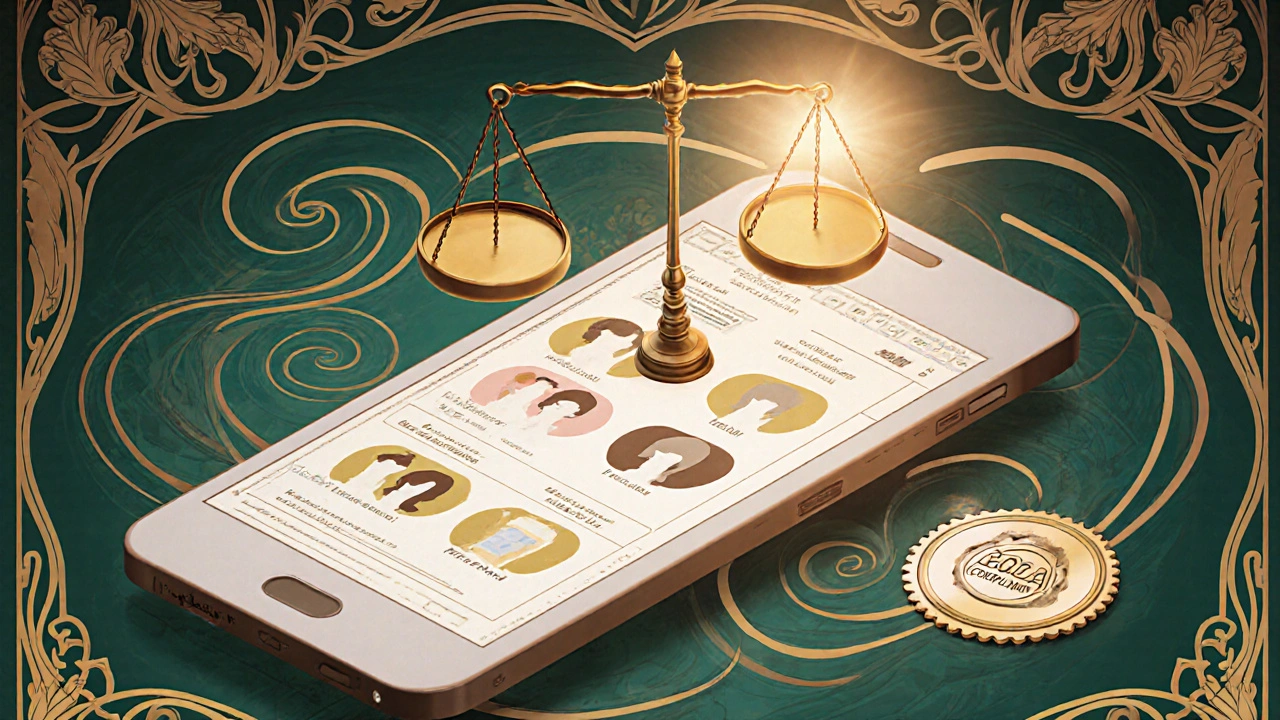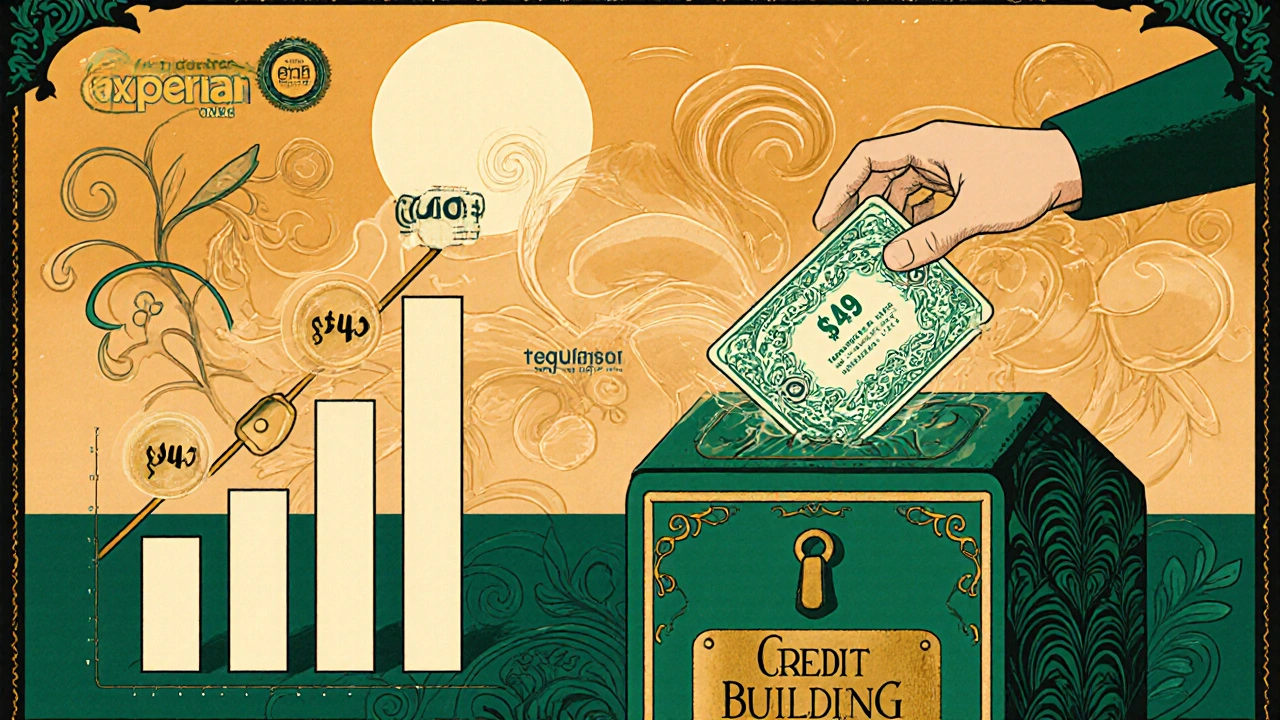Lending & Credit: How to Build Credit and Borrow Smart
When you think about lending and credit, the system that lets banks and lenders decide if they’ll trust you with money. Also known as personal finance infrastructure, it’s not just about getting approved for a loan—it’s about building a track record that works for you, not against you. Most people think credit is about spending more, but it’s really about proving you can handle responsibility. Your credit score is like a report card for your money habits, and it affects everything—from renting an apartment to getting a car loan at a fair rate.
Credit-building credit cards, a type of card designed for people starting out or fixing past mistakes. Also known as secured credit cards, they require a cash deposit that becomes your limit, so the lender has less risk. But here’s the trick: if you use them right, those on-time payments get reported to the big credit bureaus and slowly rebuild your score. You don’t need to carry a balance or pay interest to make this work—just spend a little each month and pay it off in full. That’s how people go from no credit to qualifying for better cards in under a year. And it’s not just about the card. Credit repair cards, a subset of credit-building cards that focus on fixing past errors or late payments often come with lower fees and clearer paths to upgrade. The best ones don’t lock you in—they let you graduate to an unsecured card once you’ve proven yourself. Meanwhile, secured credit card, the most common starting point for rebuilding credit is the tool most beginners actually use, not because it’s flashy, but because it’s reliable.
What most guides miss is that credit isn’t built by chasing high limits or rewards—it’s built by consistency. Paying $25 on time every month matters more than maxing out a $500 limit and paying it off late. Lenders care about patterns, not big numbers. And if you’ve had a late payment or collections on your record, you’re not stuck. The system is designed to let you reset, as long as you show up and follow the rules. You don’t need a finance degree. You just need to know which tools to use and when.
Below, you’ll find real, no-fluff guides on picking the right credit card for your situation, avoiding hidden fees, and turning small habits into big improvements. No hype. No upsells. Just what actually works when you’re starting from scratch or cleaning up a messy history.

